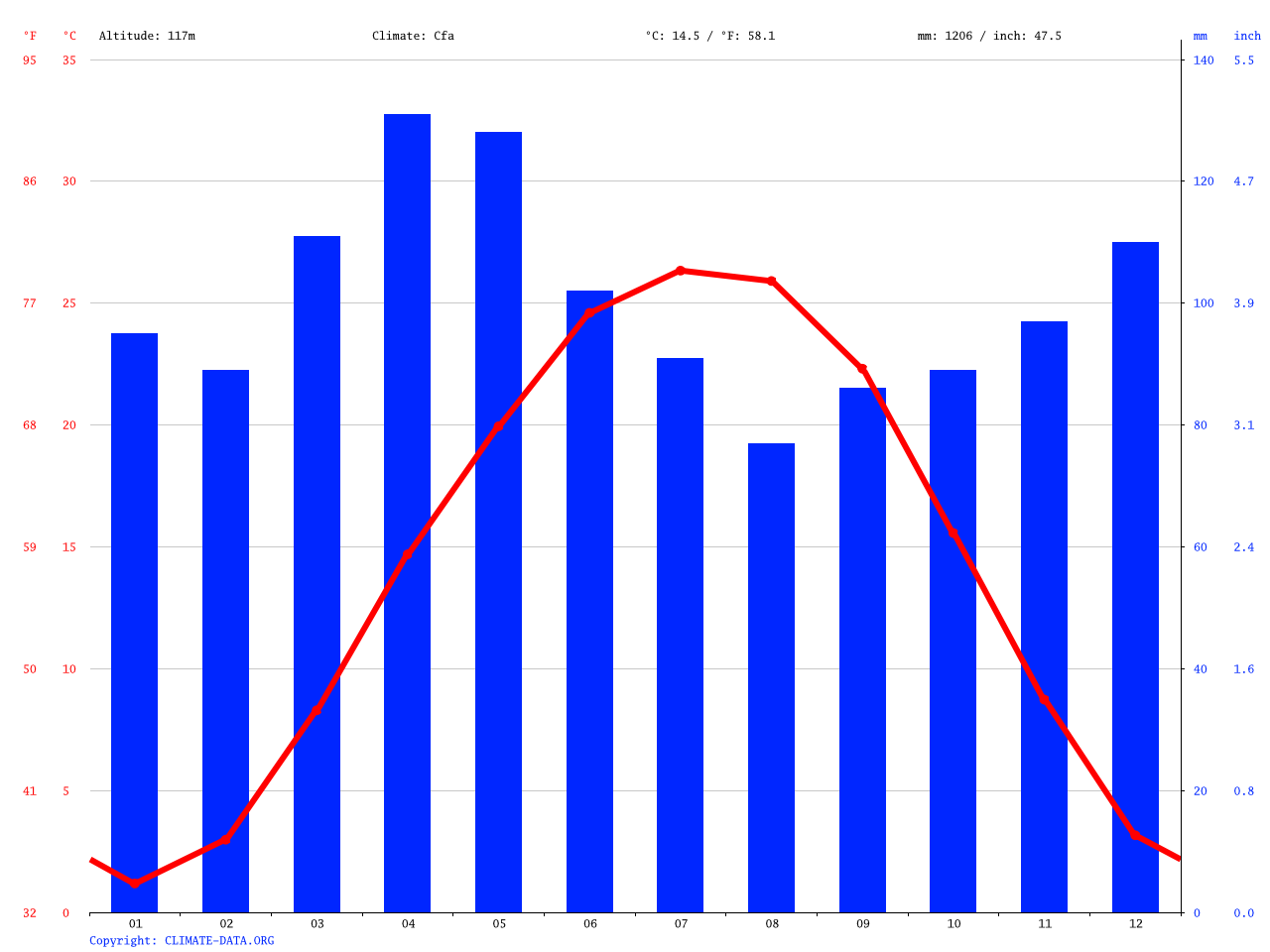Weather Overview and Trends: Evansville Weather

Evansville, Indiana, experiences a humid continental climate characterized by warm, humid summers and cold, snowy winters. The city’s weather is influenced by its location in the Midwest, near the Ohio River, and the prevailing westerly winds that bring moisture from the Gulf of Mexico.
Seasonal Variations, Evansville weather
Spring in Evansville is generally mild, with temperatures ranging from the mid-40s to the mid-70s Fahrenheit. April and May are the wettest months, with an average of 4 inches of rainfall each. Summer temperatures can reach into the 90s, with high humidity levels making it feel even hotter. Thunderstorms are common during the summer months, and the city is occasionally affected by tornadoes.
Fall temperatures range from the mid-50s to the mid-70s, with October being the driest month. The leaves of the deciduous trees in the area turn vibrant shades of red, orange, and yellow, creating a beautiful fall foliage display.
Winter temperatures average in the 30s, with lows dropping into the teens or even single digits at night. Snowfall is common, with an average of 18 inches per year. The city can also experience ice storms and freezing rain, which can make travel hazardous.
Climate Data and Statistics

Evansville weather – Evansville, Indiana, experiences a humid subtropical climate, characterized by hot, humid summers and mild, relatively dry winters. The city’s climate is influenced by its location in the Midwest, as well as its proximity to the Ohio River and the Gulf of Mexico.
The following table summarizes key climate data for Evansville:
| Month | Average Temperature (°F) | Average Precipitation (inches) | Average Humidity (%) | Average Wind Speed (mph) |
|---|---|---|---|---|
| January | 32.2 | 3.07 | 73 | 9.8 |
| February | 35.6 | 2.76 | 72 | 10.2 |
| March | 44.6 | 3.70 | 69 | 11.2 |
| April | 54.8 | 4.10 | 65 | 11.7 |
| May | 64.4 | 4.41 | 63 | 11.6 |
| June | 73.6 | 4.18 | 64 | 10.9 |
| July | 79.1 | 3.86 | 64 | 10.2 |
| August | 78.3 | 3.49 | 65 | 9.7 |
| September | 70.2 | 3.27 | 66 | 9.2 |
| October | 58.3 | 3.15 | 67 | 9.1 |
| November | 46.3 | 3.31 | 70 | 9.4 |
| December | 36.5 | 3.09 | 73 | 9.7 |
The data in the table shows that Evansville experiences a wide range of temperatures throughout the year. The average temperature in January is 32.2°F, while the average temperature in July is 79.1°F. The city also receives a fair amount of precipitation, with an average of 42.2 inches of rain per year. Precipitation is fairly evenly distributed throughout the year, with slightly more rain falling in the spring and summer months.
The humidity in Evansville is relatively high throughout the year, with an average relative humidity of 67%. The wind speed in Evansville is also relatively low, with an average speed of 10.2 mph.
Seasonal Variations, Evansville weather
The climate in Evansville varies significantly from season to season. The summers are hot and humid, with average temperatures in the mid-70s to low-80s. The winters are mild, with average temperatures in the mid-30s to low-40s. The spring and fall months are generally mild, with average temperatures in the mid-50s to low-60s.
The amount of precipitation also varies from season to season. The spring and summer months are generally wetter than the fall and winter months. The average monthly precipitation in Evansville ranges from 3.07 inches in January to 4.41 inches in May.
Long-Term Trends
The climate in Evansville has been changing over the past several decades. The average temperature in the city has increased by about 2°F since the 1970s. The amount of precipitation has also increased slightly, with an average increase of about 1 inch per year since the 1970s.
These changes in climate are likely due to a number of factors, including the increase in greenhouse gas emissions. The burning of fossil fuels releases greenhouse gases into the atmosphere, which trap heat and cause the planet to warm.
Implications for Industries and Activities
The climate in Evansville has a significant impact on a variety of industries and activities in the area. The city’s hot, humid summers can make it difficult to work outdoors, and the cold, snowy winters can make it difficult to travel. The amount of precipitation in the city can also affect the agricultural industry, as too much or too little rain can damage crops.
Despite the challenges that the climate can pose, Evansville is a vibrant and growing city. The city’s economy is diverse, and there are a number of industries that are not heavily impacted by the climate. The city is also home to a number of cultural attractions, such as the Evansville Museum of Arts, History & Science and the Evansville Philharmonic Orchestra.
The vibrant tapestry of Evansville’s weather paints a kaleidoscope of colors, with each season adding its own unique hues. As the days grow shorter, the crisp air carries whispers of Louisville’s weather, weather louisville ky , a symphony of its own.
Yet, as the sun rises each morning, casting its golden rays upon Evansville, the city’s weather regains its distinctive charm, a symphony of nature’s ever-changing dance.
In the tempestuous realm of Evansville weather, where nature’s fury unleashes its wrath, the storm tracker stands as a beacon of vigilance, a sentinel guiding us through the tumultuous storms that threaten our well-being. As the heavens rage and thunderbolts ignite the sky, this invaluable tool empowers us to navigate the treacherous waters of unpredictable weather, ensuring our safety and peace of mind.